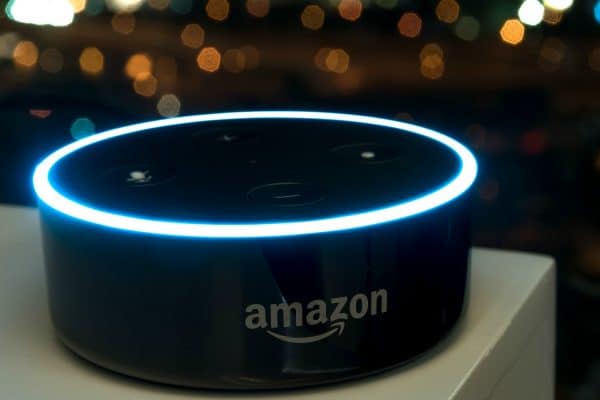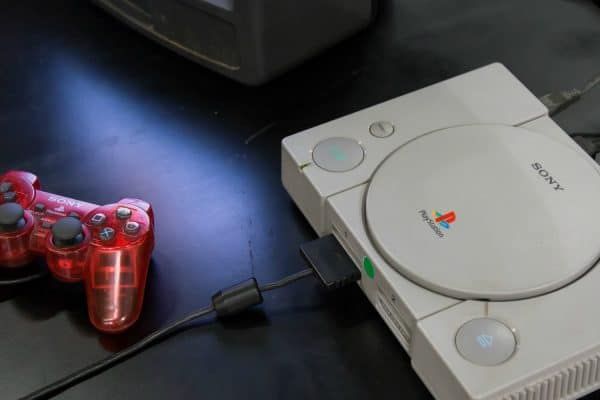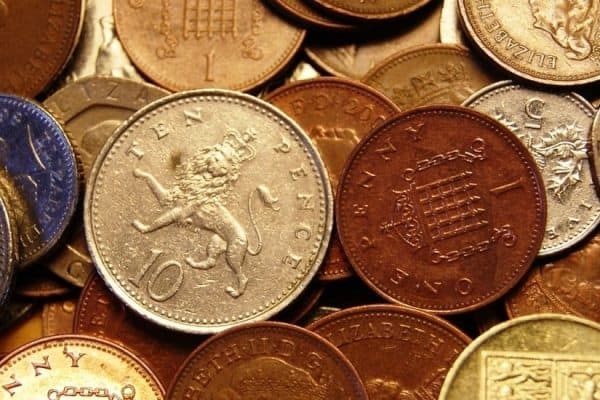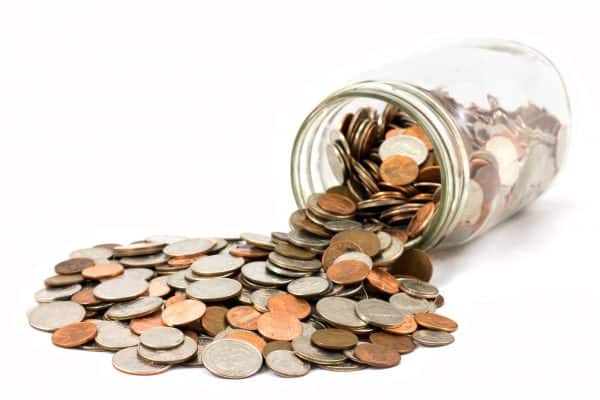Smart meters measure how much gas and electricity you’re using in real-time and can send those readings to your energy supplier automatically. Over the past couple of years, more and more homes across the UK are being fitted with smart meters instead of having the traditional meter. And, by 2025, every home should be offered a smart meter, but what are they and are they worth it? Here, we’ve compiled everything you need to know about smart meters.
What Is a Smart Meter?
Smart meters are the next generation of energy meter technology; they’re installed to replace your traditional gas or electric meters and come with an in-home display which uses a secure network. On that, you can see how much gas and electricity you are using in real-time, and instead of having to provide your energy supplier a reading every month or relying on estimated readings, a smart meter sends your energy usage straight to your supplier.
Compared to regular meters, smart meters can not only send remote readings, show you real-time usage, which helps you to make informed decisions on saving energy, but they also provide estimations on pricing as you go. This helps you not only know what you’re using but how much it’s costing you before the bill comes every month – and it’ll give readings in both kilowatt hours and pounds and pence, which is great for helping you identify the most power-hungry appliances in your home.

Image courtesy of Smart Energy GB
Are Smart Meters Good?
Smart meters are good options to have in your house and overall, they offer many more benefits than regular gas and electric meters. Benefits of smart meters include:
- Real-time information: with an in-home display, you can see what energy you use daily and even hourly.
- Time-of-use pricing: you can not only see an estimation of how much your usage is costing you per day, but you can save money by shifting energy-intensive activities to off-peak hours.
- Remote access: most energy companies have smartphone apps or online accounts which you can log into and see your smart meter data from anywhere.
- More accurate billing: smart meters send your real readings straight to your energy company, eliminating the incorrect readings and estimations, which can cause overbilling.
- Faster problem resolution: smart meters can help to detect gas and electricity issues more quickly than you would with a regular meter, which leads to faster response times,
- Sustainable option: smart meters help to encourage energy saving through you knowing how much you use and which appliances use the most, which contributes to a more sustainable environment and reduced greenhouse gas emissions.
How Do Smart Meters Work?
Smart meters are advanced pieces of digital technology used to record your energy consumption, but how exactly do they work? First, you need one installed; if you’ve booked to have one put in, an engineer will replace your traditional meter to fit your smart meter. While they do this, your energy will be off for about an hour.
Once your smart meter is up and running, it will start to work and collect your energy usage data with sensor and communication modules. Data collected is then transferred to a central data repository at a continuous rate through wireless technologies such as frequency signals or networks. From that, your data is stored in the central database to be processed and analysed, which you can see on your in-home display, the web, or mobile apps. This helps you see exactly what you use every hour.
Your energy company can also have access to the same continuous data; eliminating the need for you to fetch a manual reading or having to estimate. This process streamlines the billing process and helps both you and the company understand fully what you are using – and you get full transparency on how much you are spending before the bill comes in. Having access to this data, energy suppliers can then provide accurate forecasting, grid management and plans for any improvements.
How Do You Read a Smart Meter?
Reading a smart meter is a lot easier than reading traditional gas or electric meters since they have a digital reader. You can read your smart meter on your in-home display, on the web or mobile app, or in person, just like a traditional one. On the smart meter or digital displays, you can check the electronic reader, which shows your energy usage in kilowatt-hours (kWh), and some may also show the rate at which you’re consuming electricity in kilowatts (kW). Some also display the date and time, which can help in reading and tracking usage.
To read your smart meter, make sure you record your readings periodically, either daily, weekly or monthly, to get accurate information. You can also use this to determine your energy consumption over a period of time by subtracting your previous from your current periods to see how much you’ve actually used. You can either find out the cost of energy usage, either from your provider or your smart meter, knowing this can help you calculate the cost per kWh by the rate. This helps to gauge patterns and monitor your consumption.
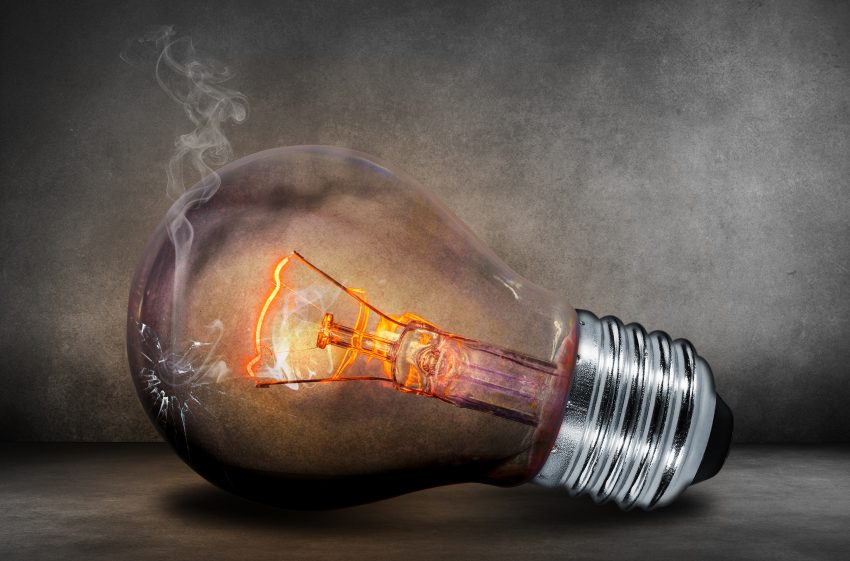
Should I Get a Smart Meter?
Ultimately, getting a smart meter or not is up to you and your specific needs and preferences. While you don’t have to get a smart meter, and you’re under no obligation to upgrade if you don’t want to, there’s no harm in getting one. They are free from your energy company to get installed, but if you don’t want one now, you can always contact your supplier if you want one in the future.
Getting a smart meter comes with many benefits around real-time monitoring of usage and cost, accurate billings and are much easier to use and read. Smart meters are also good options for those who don’t have access to get manual readings, those who are elderly, or those who want to keep up with the times and future-proof their house. In general, choosing to get a smart meter can help you save energy year-round. But if you have any questions or concerns, you can always ask your provider about their policies.
How Do I Get a Smart Meter?
Getting a smart meter is easy; all that’s needed is to get in touch with your energy provider online, by phone or on a mobile app. Most energy providers should have already offered to install a smart meter for you, but if not, you can still contact them.
They can inform you about the availability and installation in your area. From there, your energy company will arrange for an engineer to visit your home to replace your traditional meter with a smart one. Before your appointment, make sure that the engineer can access your meter and that you or someone else is home. On the day, the installation process can take up to an hour, and you won’t have access to gas or electricity while this happens. When installed, they will make sure it’s functioning and will show you how to access it, as well as how to use the in-home display to see your usage.
While most energy companies have smart meters available, not all have it yet. The first step is asking if your energy supplier uses smart meters; if they don’t, you can be put on a waiting list for when they do, as it’s being rolled out across the country.
Related: 8 easy things you can do to reduce your energy bills
Can I Get a Smart Meter If I Rent My Property?
Yes, you can get a smart meter when renting. If you’re the billpayer, then you don’t strictly need to get your landlord’s permission to get a smart meter. However, it is polite to let them know. If your landlord pays your bills, then it will be up to them to arrange smart meter installation for you.
Can I Get a Smart Meter If I Have Economy 7?
If you have an Economy 7 electricity supply, you can get a smart meter. But it does depend on which energy supplier you have and if they will install it for you, it’s best to check with yours to find out if your eligible.
Why Might I Not Be Able To Get a Smart Meter?
There’s a few reasons why you might not be eligible to get a smart meter yet, these include:
- If you prepay for your energy
- If you have poor wifi or 3G signal in your area
- If you don’t have access to your meter or it isn’t on your property
- If you have solar panels – first generation meters have trouble with this connection
- Health and safety issues such as having an asbestos backboard
However, it’s not to say that if you want one you shouldn’t inquire, your energy provider will ask you questions to see if you are eligible to receive one.
What Will Happen To My Smart Meter If I Switch Energy Suppliers?
If you switch energy suppliers after you’ve had a smart meter installed, then you may find that your meter stops sending automatic readings after the switch, especially if it’s an older generation of smart readers. Smart meters communicate over 3G and Wi-Fi signals, so when you switch suppliers, it may take some time to pick up the signal and take over. If this happens you may need to temporarily take manual readings, but your energy provider will tell you what to do or if there is a risk of your smart meter not working.
The newer generation of smart meters won’t have this issue. They’ll use a central data network that all energy suppliers can access, so switching suppliers will be virtually seamless. Essentially your smart meter will work with any energy provider when you switch.
Smart Meters Explained
Smart meters come with a lot of benefits, such as full transparency to the company and yourself on your usage and costs, accurate billings, easy to use in-home display and mobile apps, plus the added benefits of helping you save money and be more sustainable. They are easier to use and understand and are free to have your provider install them for you.
While you don’t have to have one, it makes your life a lot simpler and helps to save money on energy bills. Especially during the colder months when you use more, we’ve also got some helpful hacks to help keep your home warm this winter helping you cut costs further. For more money-savvy information, check out our Good Vibes blog.
